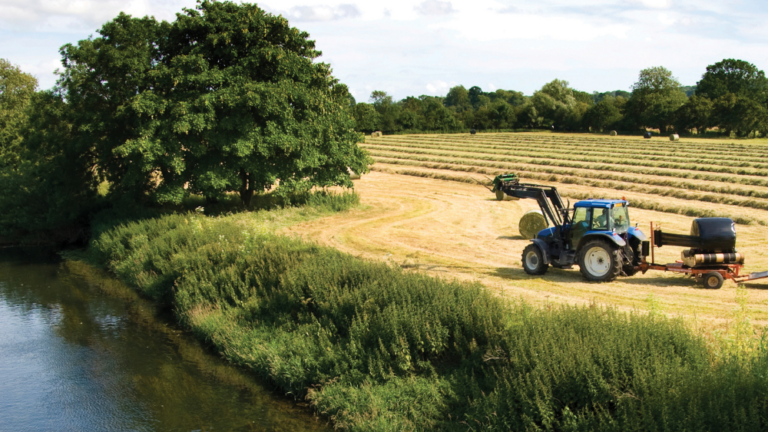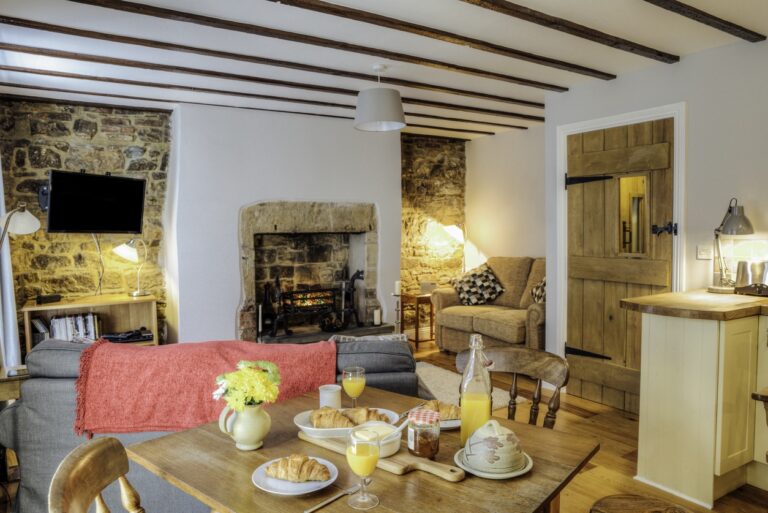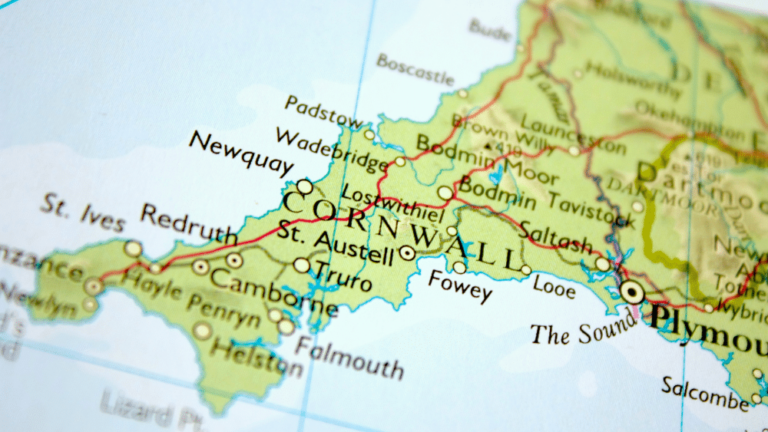
Will revised VAT rules on mixed supplies hamper businesses?
One of the most inspiring aspects of the Covid-19 pandemic has been the massive growth in food and drink online sales offering the flexibility and innovation of UK producers.
Food and drink hampers, subscriptions for wine, spirits, and beer and direct to consumer deliveries are now commonplace in a market that continues to grow.
So why is VAT important?
Where all items sold together are subject to the same VAT rate it is quite simple; the whole supply is either subject to VAT at the standard, temporary reduced, or zero-rate of VAT. The same rate of VAT also applies to any separate postage and packing charge.
So far, so good. But what about selling a mix of products for a single price?
When items are available for sale separately, the correct VAT liability is applied to each item, just as when you go to the shops.
If a single value is applied for a range of goods with differing VAT liabilities, such as a £40 hamper, a method to calculate the VAT due on the selling price is required, although if the item subject to VAT costs the seller less than £1 it is disregarded.
Businesses have been allowed to use any method to apportion VAT due if the outcome was fair and reasonable.
What may change?
In 2019 Marks and Spencer lost at the Upper Tier VAT tribunal concerning their “Dine In for Two for £10 – with Free Wine” promotion. M&S argued the £10 consideration related to only zero-rated items, because the wine (or selected non-alcoholic drink) was optional and free, although in reality 99% of buyers did take up the option. HMRC successfully argued that full value of the supply should be apportioned to reflect that the customer paid £10 for the food and wine, noting that the wine was the single highest valued item in the offer.
This case appears to have been behind HMRC publishing a 2021 consultation paper proposing changing legislation to address value-shifting; where a zero-rated element of the single supply is over-valued to reduce the overall VAT due.
Instead there will be only two options when apportioning the price:
- a) selling price must be used where the goods may be purchased separately
- b) the cost price must be used where the goods cannot be so purchased
What to do next?
Is this another case where HMRC have taken a sledgehammer to crack the proverbial nut? There is no published evidence of widespread abuse and those operated an alternative method not seeking to value shift may be affected.
Legislation already exists to address instances where a method is not fair and reasonable and HMRC have the stated aim of simplifying VAT, not making it more of a burden to businesses.
If your business doesn’t already operate one of the proposed methods, we suggest that you review the potential impact of these changes or contact our VAT team if you require any assistance.
Other articles you may be interested in:
R&D tax credits in the food and drink sector
Written by












